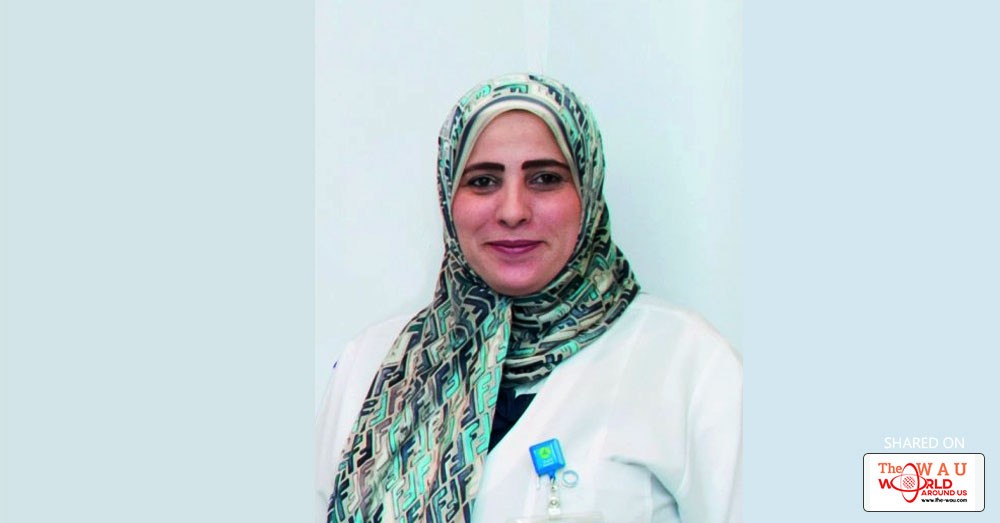Some indicators and complications of Type 1 and Type 2 diabetes are unique to women, although most symptoms of the disease are common with men and women, says Manal Othman (pictured), Director of Diabetes Education at Hamad Medical Corporation (HMC).
Diabetes can affect anyone, regardless of age, gender, or lifestyle, however, according to Othman, women may be at greater risk of the disease’s complications due to limited knowledge about symptoms that are unique to females.
“Both men and women with diabetes experience many of the same symptoms, such as increased thirst and hunger, frequent urination, unexplained weight loss or gain, blurred vision, and fatigue. However, women with diabetes may also experience other symptoms such as vaginal and oral yeast infections, itching or pain, urinary tract infection (UTI), and polycystic ovary syndrome (PCOS). These symptoms are not recognized by most women, and even by some healthcare professionals, as warning signs for diabetes. This lack of knowledge can result in the disease being initially misdiagnosed or even undiagnosed,” said Othman.
“Diabetes is a major risk factor for heart disease. Almost two-thirds of patients with diabetes die from cardiovascular disease. Recent studies suggest that death by heart failure is more common in women than in men. Many studies have also found that women with diabetes are at greater risk than men of kidney disease, depression, and high blood pressure,” said added.
She also said that diabetes also affects men and women differently, with women being more susceptible to fatal heart disease. Further, pregnant women are urged to seek proper prenatal care, ensuring they have their blood sugar level tested. She added that one in four births in Qatar is affected by gestational diabetes.
Diabetes describes a group of metabolic diseases in which a person has high blood sugar due to problems processing or producing insulin.
Share This Post












